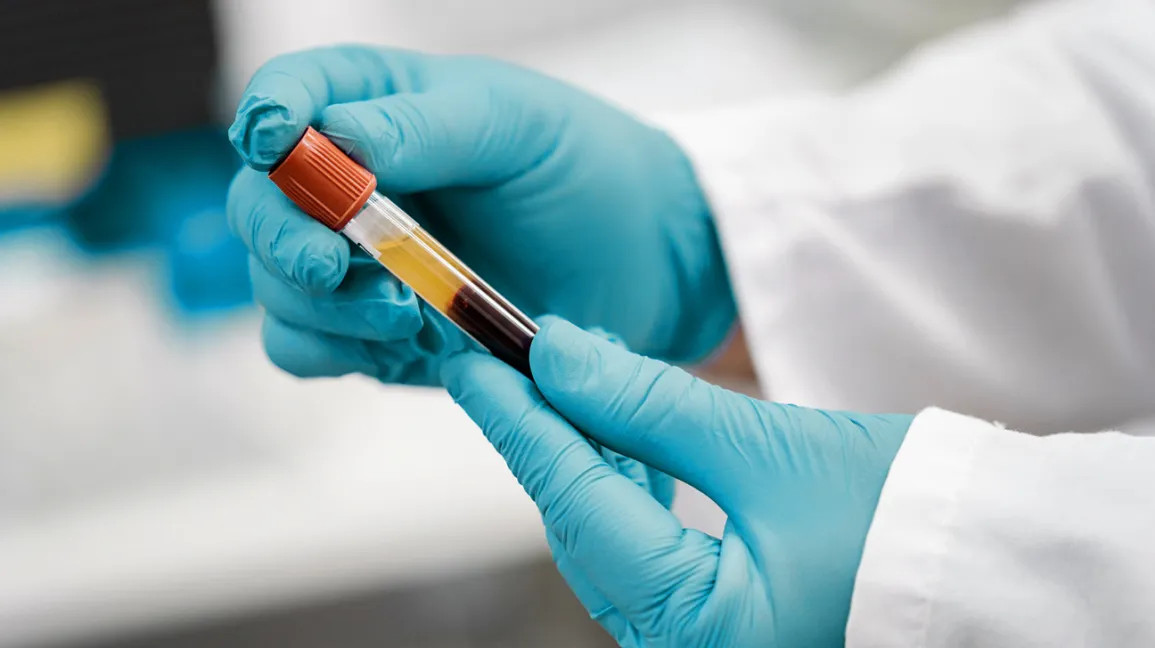Definition
The Bence Jones Protein test is a urine test commonly utilized to detect or assess multiple myeloma, a type of cancer. This test identifies the presence of abnormal proteins in the urine. Abnormal findings in the Bence Jones test can indicate certain malignancies, such as lymphoma.
This protein was first discovered in 1845 and officially named Bence Jones in 1880. It is found in specific antibodies, which are immune molecules that combat infections. In cases of immune system disorders like cancer, the body may cease producing regular antibodies and instead create monoclonal antibodies. These specialized antibodies target a single disorder but are ineffective against other infections.
Bence Jones protein is one such monoclonal antibody. This protein is small and typically undetectable in urine unless present in large quantities, often due to a blood-related condition. The presence of Bence Jones protein in the urine can harm the kidneys, causing inflammation and cellular damage. Therefore, its detection in urine may indicate a significant medical issue.
Indications
Doctors recommend the Bence Jones Protein test in patients with recurring infections, high blood calcium levels, low platelet counts, and those diagnosed with multiple myeloma.
Symptoms prompting a doctor to suggest this test include bone fractures or persistent bone pain, particularly in the back, hips, or skull, elevated blood calcium levels, low blood pressure, reduced white blood cell counts, nerve symptoms, such as pain, numbness, or weakness, stroke-like symptoms, including confusion or dizziness, weakness, leg swelling, and frequent infections.
Contraindications
There is no specific contradiction regarding the Bence Jones Protein examination. Bence Jones' protein examination can be considered safe and not risky. Discuss with doctors regarding the examination procedures to be carried out.
Preparation Prior to Test
No special preparation is required for the Bence Jones Protein test. Fasting is unnecessary unless combined with other tests that mandate fasting. Patients should inform their doctor about any medications or foods that could interfere with the results. Staying hydrated and stress-free before the test is recommended.
Test Procedure
The Bence Jones Protein test involves collecting urine samples over 24 hours, often referred to as a "24-hour sample test." Patients are provided with a special container and detailed instructions for collecting and storing their urine. The steps include:
- On the first day, urinate as usual in the morning without collecting a sample. Note the exact time of the first urination.
- For the next 24 hours, collect all urine in the special container provided. During that period, keep the container refrigerated or stored in a cool environment, such as a cooler with ice packs.
- On the second day, include the first morning urine sample in the container.
- Return the container with the collected samples to the laboratory for testing.
- For newborns, a different method is used to collect urine:
- Clean the infant's genital area before attaching the urine bag.
- For boys: Insert the penis into the bag and secure it with the adhesive strip.
- For girls: Place the bag under the labia and secure it.
- Once secured, put a diaper on as usual.
- In active infants, urine may transfer to the diaper; a specialized deeper collection bag may be required.
- Promptly deliver the collected sample to the laboratory for analysis.
Normal and Abnormal Values
The normal result for the Bence Jones Protein test is negative, meaning no Bence Jones Protein is detected in the urine. Abnormal results, indicated as positive, suggest the presence of this protein. The range of normal values may vary depending on factors such as age, gender, and the laboratory conducting the test.
If abnormal results are detected, your doctor may recommend additional tests, such as a complete blood count or blood component analysis, to confirm the findings. Discussing your results with a healthcare professional is essential to understand their implications.
Results and Recommendations (Follow-up Tests)
Bence Jones Protein test results may vary based on factors such as age, gender, medical history, and the testing laboratory. Abnormal results could be linked to multiple myeloma, but other potential causes include:
- Abnormal protein accumulation in tissues and organs (amyloidosis).
- A type of blood cancer called chronic lymphocytic leukemia (CLL).
- Cancer of the lymphatic system (lymphoma).
- Accumulation of M-protein in the blood called monoclonal gammopathy of unknown significance (MGUS).
- Chronic kidney failure.
Consult the Right Doctor
If your Bence Jones Protein test results are abnormal, consult a general practitioner for an accurate diagnosis and appropriate therapy. Further evaluation by an internist may be necessary to develop an effective treatment plan. Additional tests may be recommended to confirm the diagnosis and guide treatment options.
Looking for more information about laboratory, radiology, and other examination results? Click here!
- dr Hanifa Rahma
Bence - Jones Protein (Urine). (2023). Retrieved 19 June 2023, from https://www.urmc.rochester.edu/encyclopedia/content.aspx?contenttypeid=167&contentid=bence_jones_protein_urine
Bence - Jones Protein. (2023). Retrieved 19 June 2023, from https://www.ncbi.nlm.nih.gov/books/NBK541035/
Bence - Jones Protein - Quantitative. (2023). Retrieved 19 June 2023, from https://www.mountsinai.org/health-library/tests/bence-jones-protein-quantitative
What is a Bence - Jones Protein Test?. (2021). Retrieved 19 June 2023, from https://www.webmd.com/cancer/multiple-myeloma/what-is-bence-jones-protein-test
Bence - Jones Protein (Urine). (2023). Retrieved 19 June 2023, from https://healthlibrary.brighamandwomens.org/167,bence_jones_protein_urine












